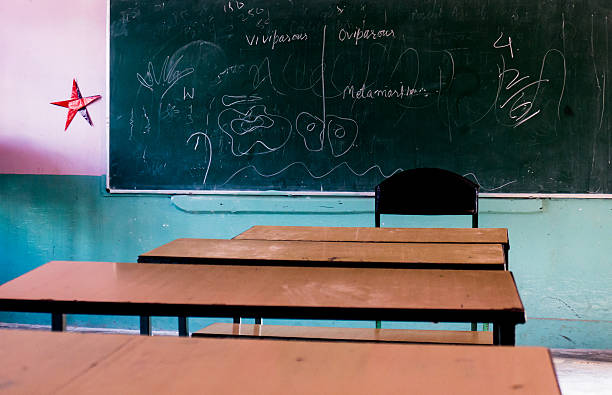Centre Withholds School Scheme Funds to Delhi, Punjab, and Bengal After States Refuse to Participate in PM-SHRI: A Clash of Priorities and Political Dynamics
Share

In the present era of disputes and issues, the central government has, in recent times, withheld its school scheme funds extended to the states of Delhi, Punjab, and West Bengal on the grounds that these states refused to be a part of the PM-SHRI (Prime Minister’s Schools for Rising India) program. This follows the refusal of states to sign MoU with the Ministry of Human Resource Development, forcing the hand of the central government to suspend the funds allocated for the flagship program of the Ministry of Human Resource Development, Sarva Shiksha Abhiyan (SSA).
PM-SHRI is a centrally sponsored scheme for developing government schools as exemplary institutions to manifest the components of NEP 2020. More than 14,500 schools in the country are upgraded and improved with an approach to quality, inclusive, and joyful learning.
This central government decision to link funding for the implementation of the SSA programme with participation in the PM-SHRI \(ighamitiely reflects its readiness to translate its vision for education reform and development into practice.
The MoUs by Delhi, Punjab, and West Bengal, the three States governed by the Opposition parties, have not been signed. While Tamil Nadu and Kerala have expressed a desire to come, the trio expressed reservations and kept them out of this initiative.
Especially, the states of Delhi and Punjab have stated that the schemes for respective states were already present and so participation in the same was not needed. This leads to a potential clash of priorities and political dynamics at play, as this has created an escalation between the Center and the states of Delhi and Punjab over the suspension of funds for their school schemes.
This stand of these states has been a cause of concern for the central government, which finds this acceptance of funds under the SSA program an apparent politicization of the issue while resisting participation in the PM-SHRI scheme.
Government views, however, are such that because the program under SSA and the scheme under PM-SHRI have been so closely woven and integrated into the same academic system, states cannot be allowed to go on to receive funds for one without the other.
This withholding of funds for the school schemes in the states of Delhi, Punjab, and West Bengal calls into question the said implications on the sector of education of these states and the pending amounts claimed which go to the tune of hundreds of crores.
Moreover, the tussle and blame games between the federal government and the rule states of the opponents have, once again, made education a highly politically divisive issue, with possible dangerous implications on students and teachers.
In fact, the centre withholding school scheme funds for Delhi, Punjab, and West Bengal, for their decided position of having nothing to do with the PM-SHRI scheme, once again shows the dilemmas of education initiatives and politicking in India. As the central government has concentrated on the crucial enactment of its vision believed to reform education, the states are arguing for the need to have their autonomy acted in the pursuit of their schemes. It thus remains to be known how this issue shall transpire, perhaps indeed throwing a shadow across education and the road towards progressive policy-making and various educational programs in the country.

















